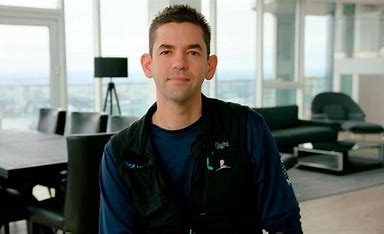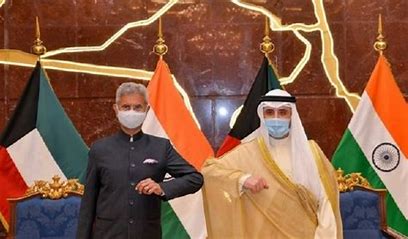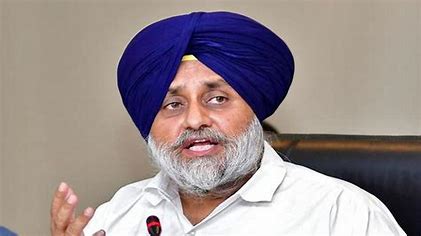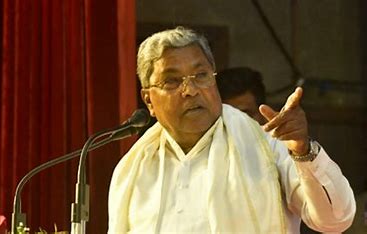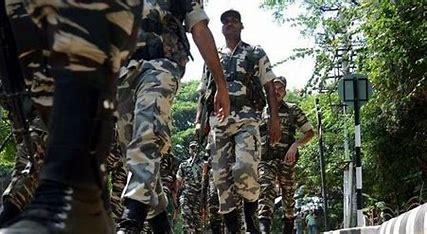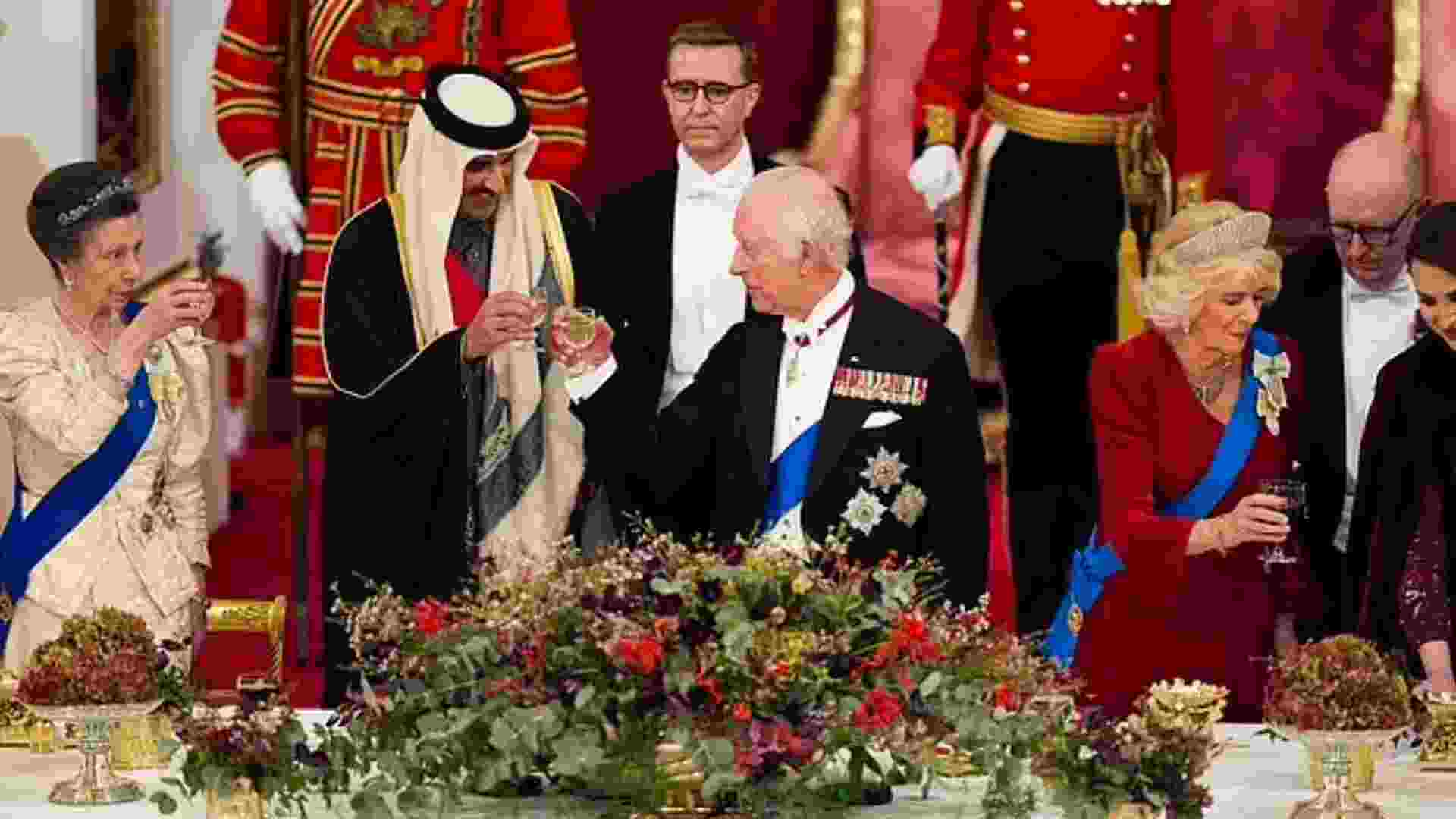

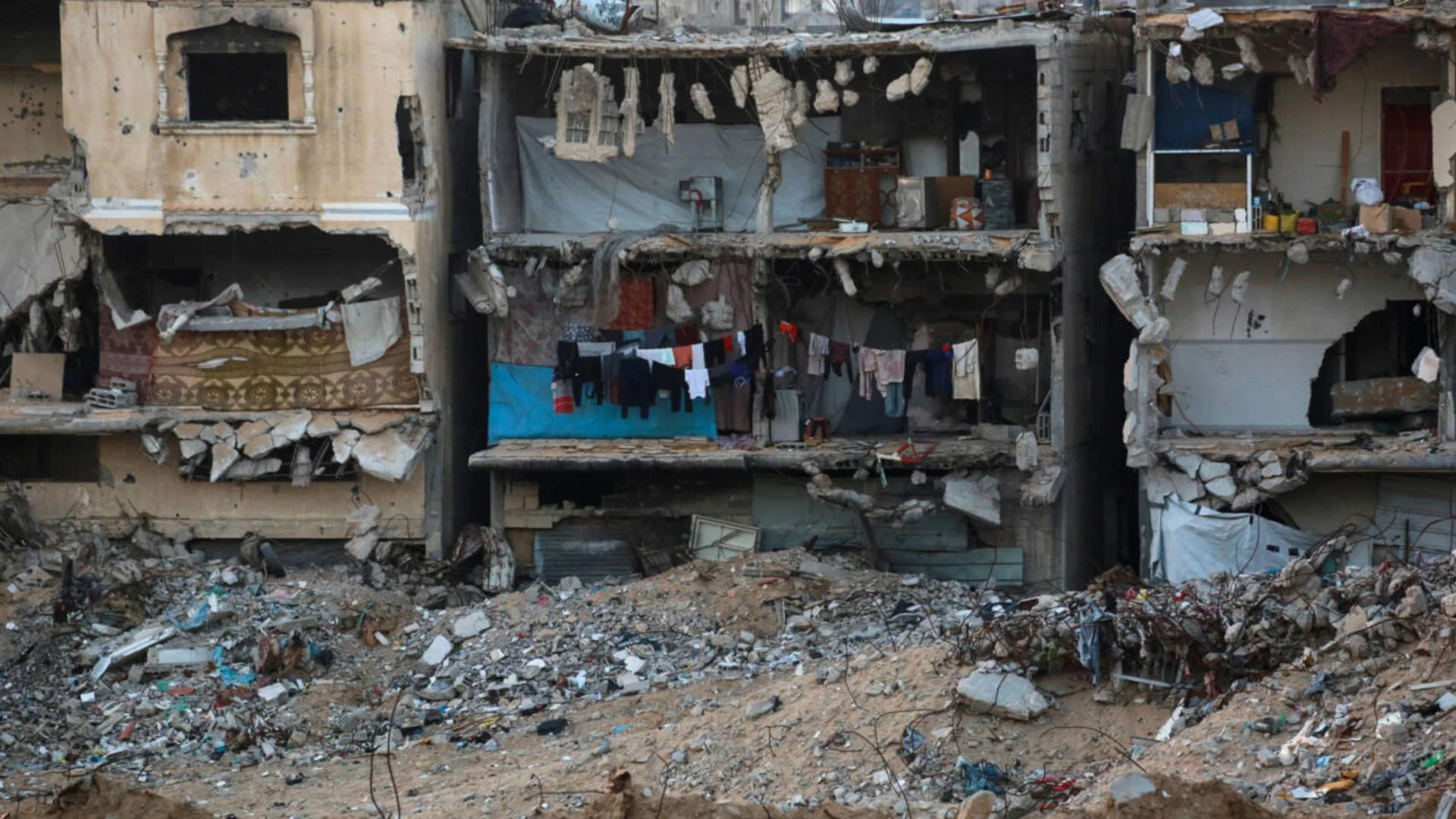
Israel confirmed the killing of Salman Nemer Jamaa, Hezbollah’s envoy to the Syrian military, in an airstrike on Tuesday (December 3). The Israeli Defense Forces (IDF) described the strike as an intelligence-based operation. While the exact location was not disclosed, “The Jerusalem Post” reported that the attack occurred in Damascus, Syria’s capital.
The airstrike raises questions about the durability of the ceasefire between Israel and Hezbollah. Though both sides have largely adhered to the truce, sporadic exchanges of fire continue, threatening a potential escalation.
According to the IDF, Jamaa was a senior figure within Hezbollah, holding various strategic positions over the years. His roles included Head of Intelligence in the Khiam region and Head of Operations in Hezbollah’s Damascus command center. Most recently, he acted as a key liaison between Hezbollah operatives and the Syrian military, facilitating weapons smuggling from Syria to Hezbollah, particularly during Israel’s “Swords of Iron” operation launched after the October 7 Hamas attack.
Israeli Defense Minister Israel Katz cautioned that a breakdown in the ceasefire could lead to a broader conflict, stating that Israel would not differentiate between Hezbollah and the Lebanese state. Although current hostilities focus on Hezbollah, Katz signaled that future actions could target Lebanon as a whole if provocations persist.
Hezbollah has long supported Syrian President Bashar al-Assad, providing fighters and strategic assistance during the Syrian Civil War. The group uses Syrian territory for logistical operations, including weapon transfers, solidifying its foothold in the region.
As tensions simmer, the precarious ceasefire faces an uncertain future, with both sides remaining on high alert.

